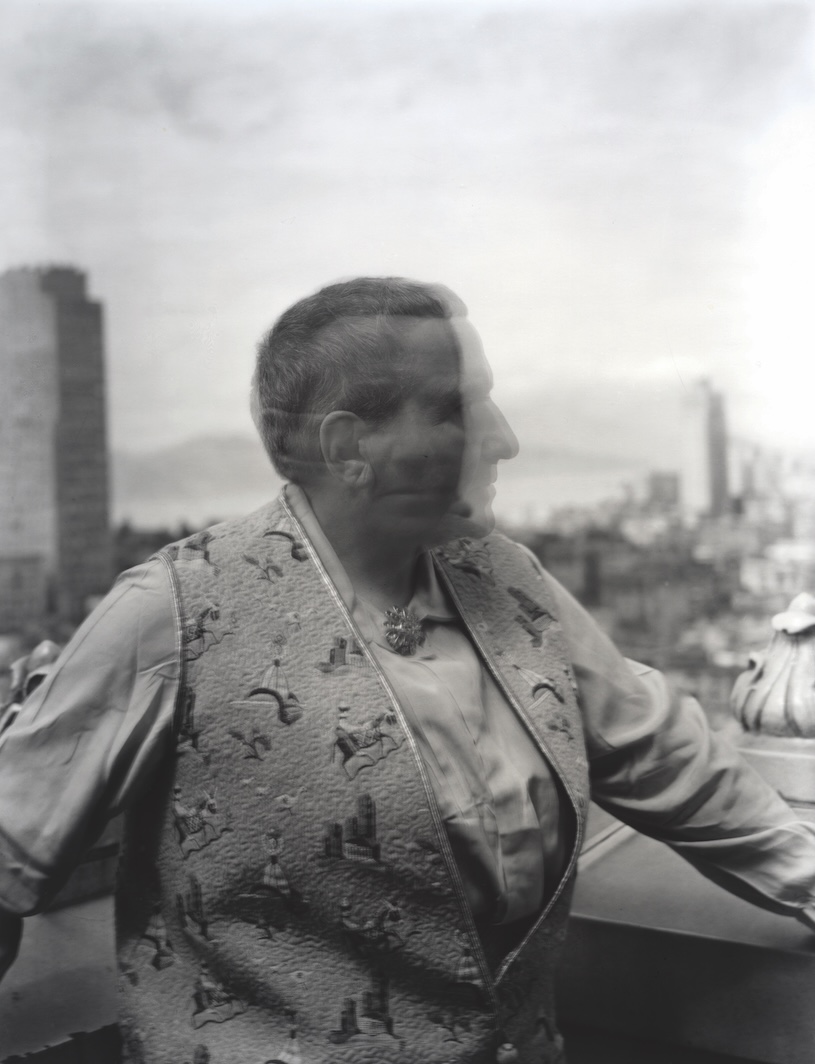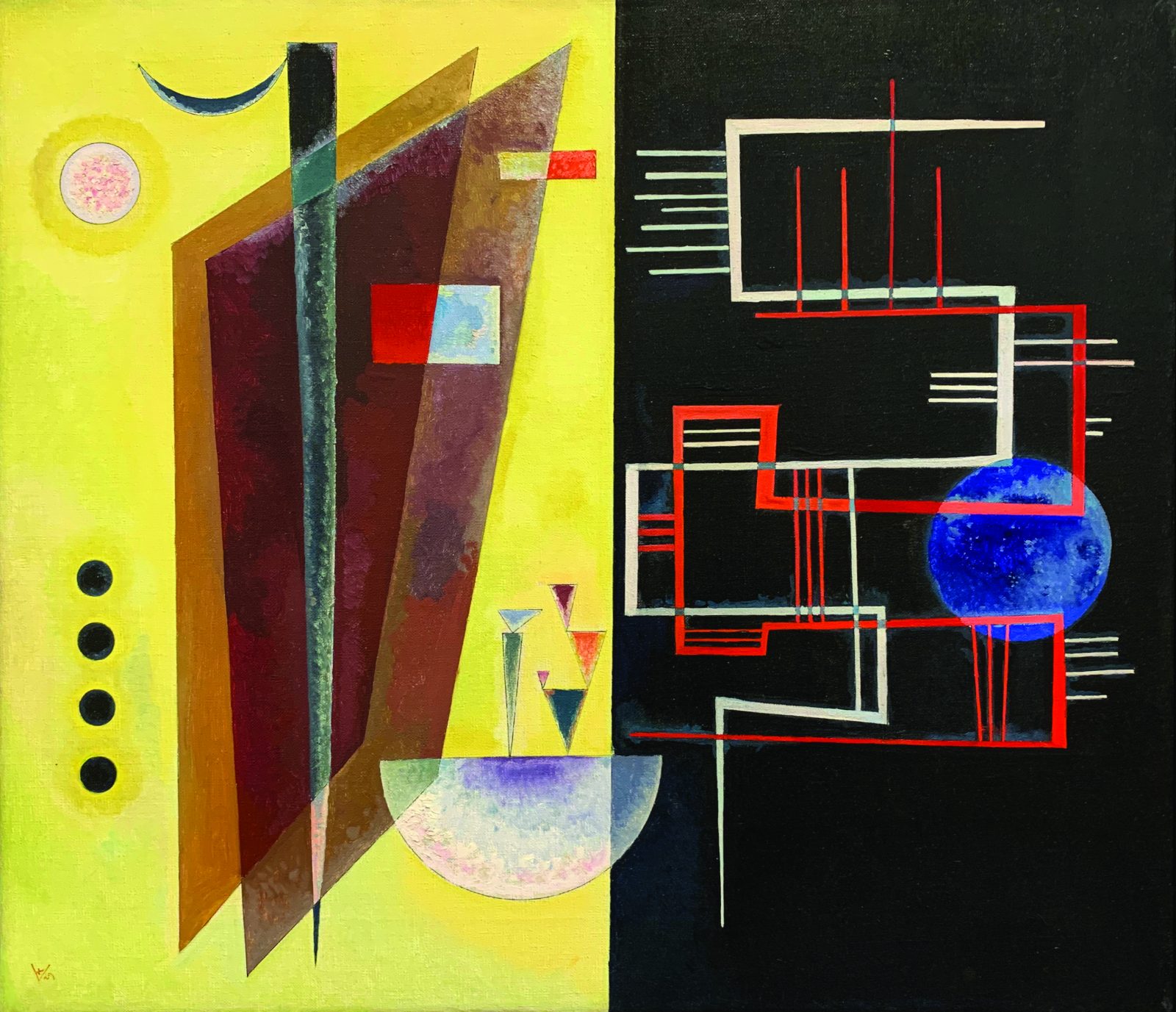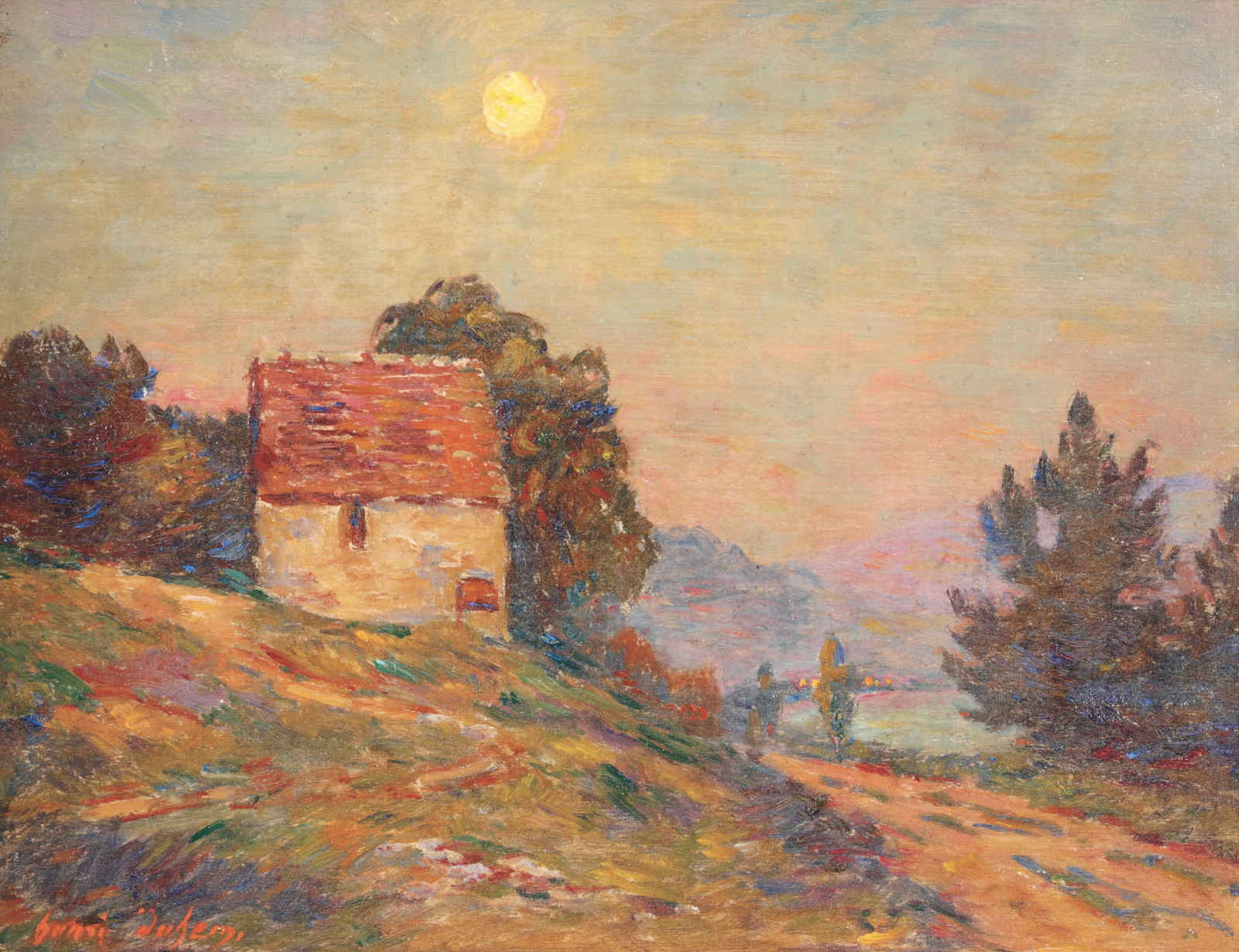
Ryan Ruby

DESPITE HER REPUTATION as a long-winded writer, Gertrude Stein had a talent for pithiness. Of Oakland, the town where she grew up, she famously remarked: “There is no there, there.” Of one of her literary nemeses, Ezra Pound: “A village explainer, excellent if you were a village, but if not, not.” Of the younger American […] 
SO MUCH DEPENDS UPON La Vache qui rit, which you know as the Laughing Cow, the individually wrapped wedges of spreadable cheese from your childhood. Founded in 1921 by a French veteran of the First World War, the company’s name is based on a pun on Wagner’s Valkyries and an anti-German slur. The product’s package—a […] 
RIOTS IN PARIS GRAB THE HEADLINES, but the real radicalism in France happens in the countryside. Take the zone à défendre, or ZAD, in Notre-Dame-des-Landes. What began in 2012 as a farmer’s protest against the construction of an airport turned into a successful squatter campaign that drew allies from environmental and anarchist groups across the […] 
IN OSCAR WILDE’S “The Critic as Artist,” Ernest cajoles his friend Gilbert off the piano bench and into an armchair for a discussion, as the original title of the mock-Socratic dialogue would have it, of the “function and value of criticism.” Over the course of an evening passed in the library of his Piccadilly town house, Gilbert, an incorrigible contrarian, pours glass after glass of epigram, paradox, and hyperbole down the throat of Ernest’s received ideas until they can no longer stand up. 
Legend has it that Eugenia Wilder nicknamed her second son “Billie” after Buffalo Bill, whose Wild West touring show she had seen as a young girl in New York City. By calling him Billie, she may have given him the idea of making his life in show business in America. Her husband, Max, an upwardly mobile restauranteur and hotelier, clearly had other plans when he moved the family from the Galician village of Sucha to Kraków before moving on to Vienna when Billie was a child. Like many Jewish fathers before and after him, it was that his son should 
Nietzsche reminds us that philosophers have always taken great pains to hide themselves, whether behind the mask of Socrates or the mask of the categorical imperative. It is as if they believe anonymity will help them persuade readers that the systems they create are disinterested, objective, and universally valid—a collection of necessary truths. But this didn’t fool Nietzsche. “Gradually it has become clear to me what every great philosophy so far has been,” he writes in Beyond Good and Evil. “Namely, the personal confession of its author and a kind of involuntary and unconscious memoir.”